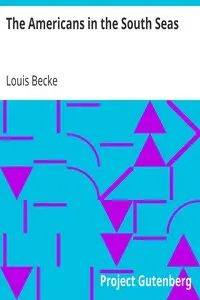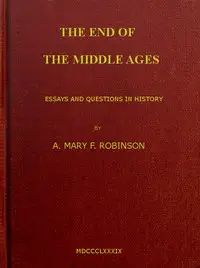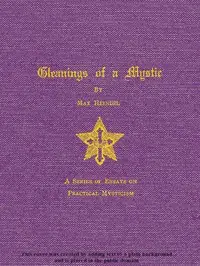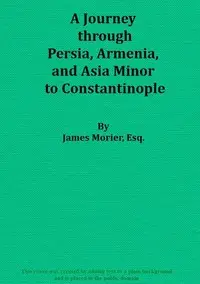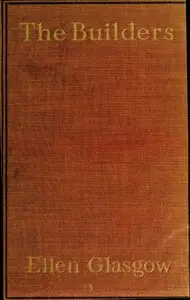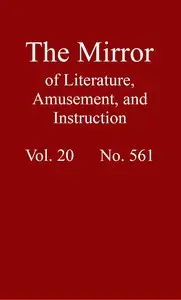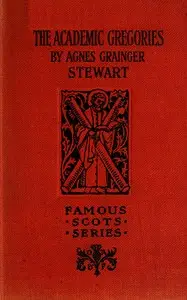"Pâkia" by Louis Becke is a fictional narrative written in the early 20th century. It is a short story included in the collection "The Tapu of Banderah and Other Stories." The story delves into themes of tradition, cultural change, and the impact of colonial influences on indigenous life in the Pacific Islands. In "Pâkia," the protagonist, a white man living in a Pacific island community, interacts with an old islander named Pâkia. As they sit together under the moonlight, Pâkia shares stories from his past — tales of his youth, his adventures on whaleships, and his experiences in wars in Chile and Peru. The narrative reflects on the decline of traditional island life and the challenges faced by the indigenous people as they navigate the pressures of modernity and foreign influences. Pâkia's anecdotes reveal the complexities of life in a rapidly changing world, highlighting themes of loss, disillusionment, and the clash between past and present. Through the old man’s reflections, the reader gains insight into the richness of his culture and the impact of historical events on his identity. (This is an automatically generated summary.)

Pâkia 1901
By Louis Becke
"Pâkia" by Louis Becke is a fictional narrative written in the early 20th century. It is a short story included in the collection "The Tapu of Bandera...
George Lewis Becke was at the turn of the nineteenth century, the most prolific, significant, and internationally renowned Australian-born writer of the South Pacific region. Having lived and worked among Pacific Islands and Islanders as a trader, ship's supercargo, and villager for some two decades, learning languages and observing natural and cultural life, Becke was prompted by J F Archibald of The Bulletin to write down his experiences, eventually becoming a popular and respected author of short stories, novellas, novels, as well as historic and ethnographic works.


